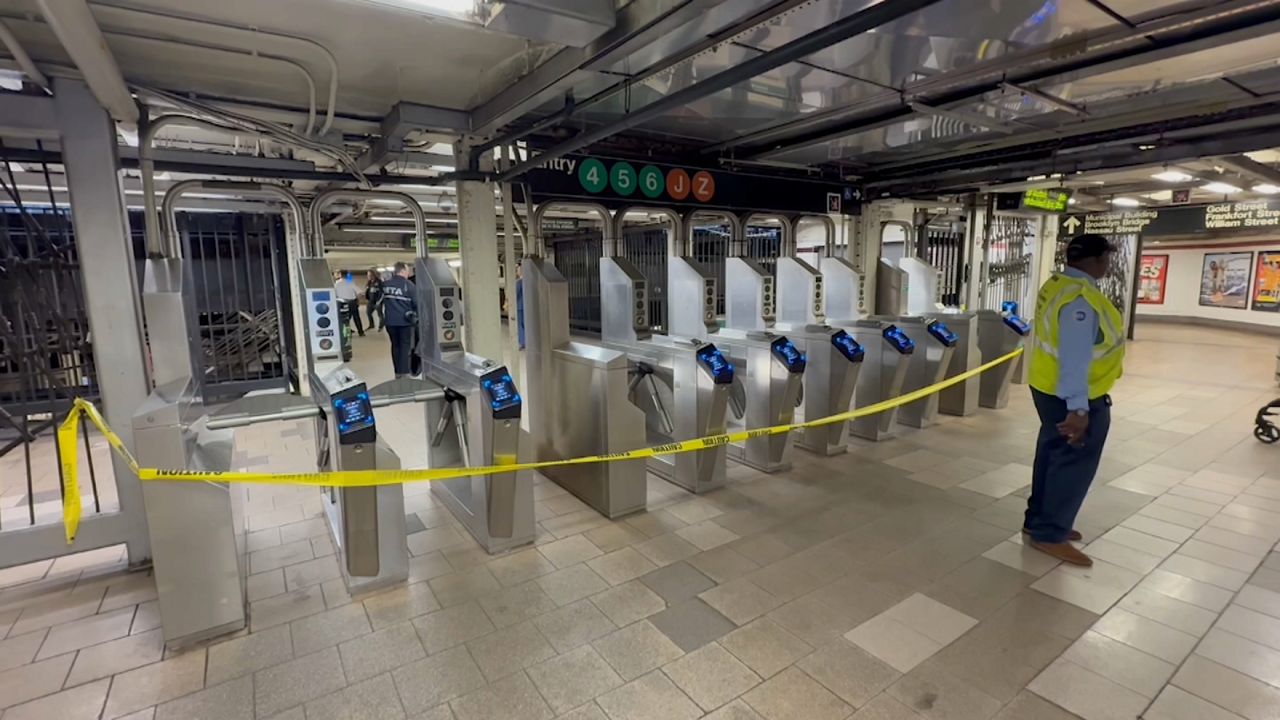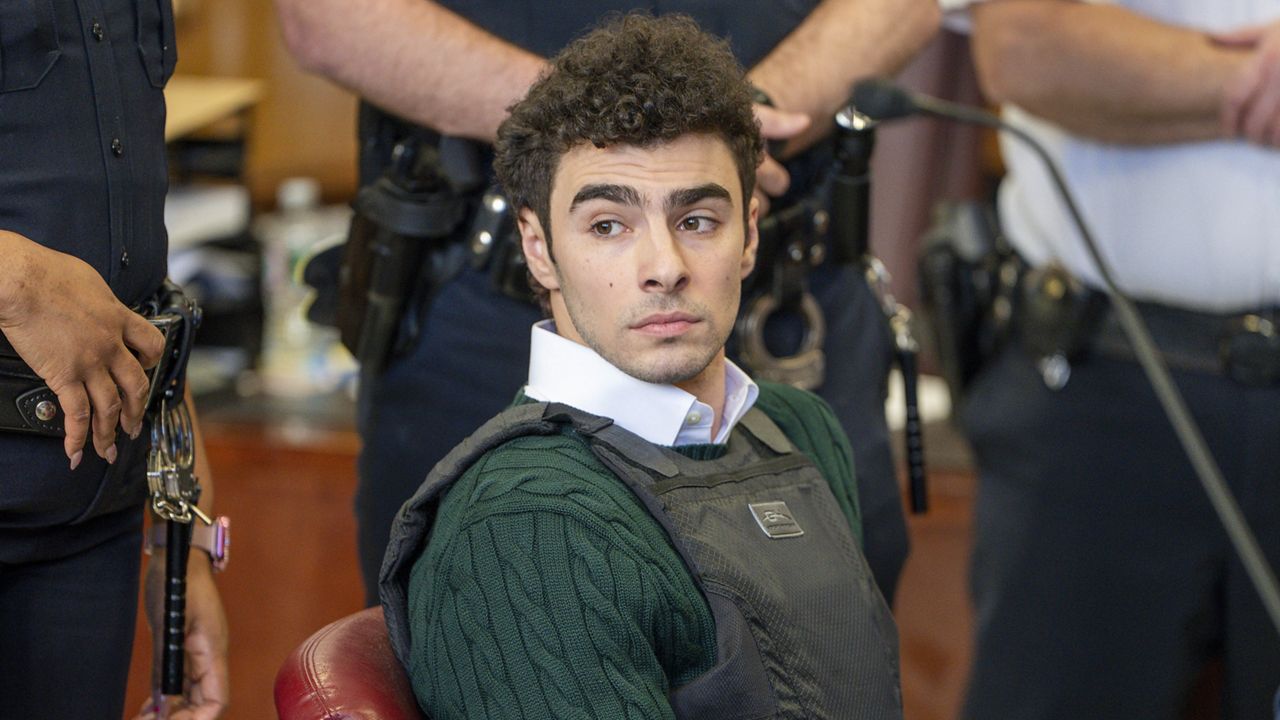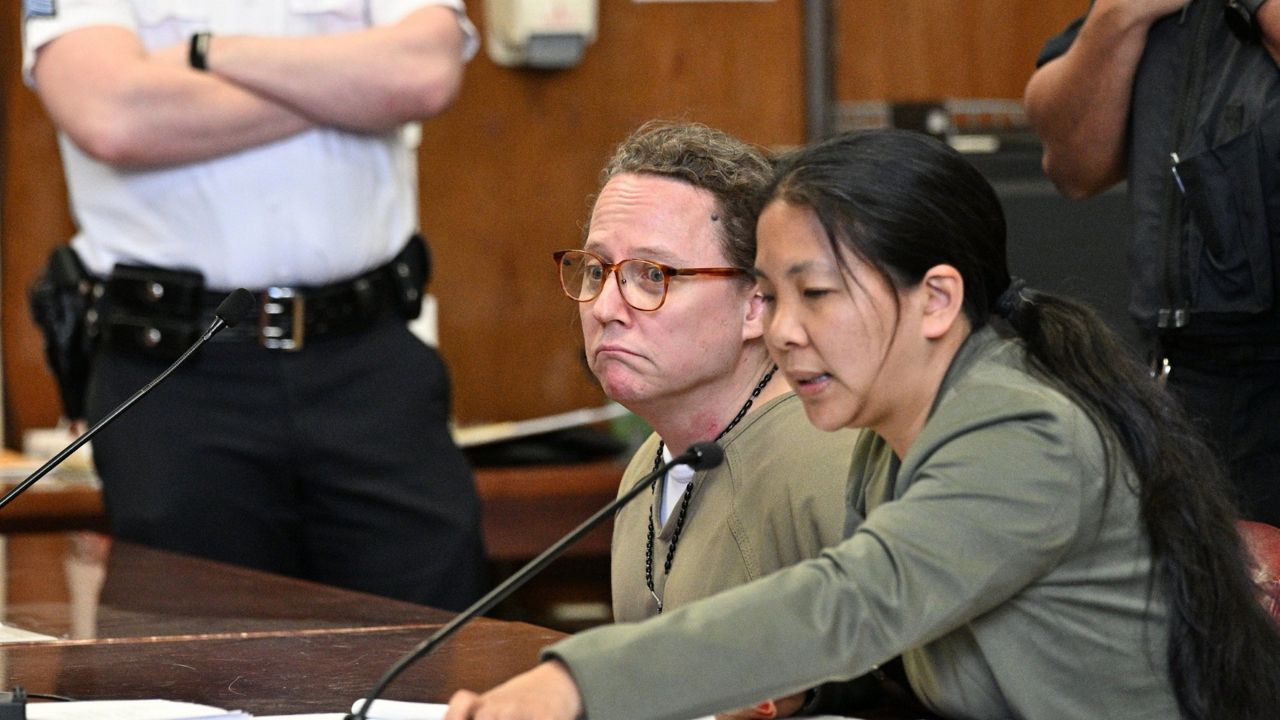Members of the NYPD's elite Scuba Team must be ready to jump into action at a moment's notice.
Lt. James Donnelly, the unit's commanding officer, has been involved in several boat rescues.
"Flipped-over boats where people were inside where we actually deployed in full scuba gear, went under the boat, were able to recover the people and get them out of the boat safely," Donnelly says.
The NYPD has more than 36,000 officers, but only 37 are qualified to be on the NYPD scuba team.
They are trained to stay submerged in the city's often-murky and polluted waters for as long as an hour, searching for people and evidence amid the tides and currents. Sometimes, they jump from helicopters in full scuba gear.
"When you are deploying from the helicopter, things can happen very quickly," Officer Samuel Temme says. "So you have to take a second to slow down to make sure you are not making a mistake.”
On the day NY1 spent with them, the team was deployed along the Harlem River, searching for someone who reportedly jumped from a bridge.
Although they hope to rescue people, the Scuba Team often conducts somber recovery missions. Last year, the unit was deployed when a sightseeing helicopter crashed into the East River, killing five people. Temme was one of the divers that day. He says they swam to the helicopter and went inside the helicopter.
"It was a difficult operation because the victims were strapped in by harness, and some by seat belt as well," he says.
The divers had to cut those straps and bring the victims to the surface.
The team also recovered the handgun used to kill Officer Randolph Holder in Harlem in 2015. It was thrown into the Harlem River, in waters with only a foot of visibility. Scuba team members sifted the river bottom with their hands for days until they recovered the weapon.
"We probably did over a hundred dives. We found everything. We found the gun that he was shot with," says Donnelly, who added that they even found the bullet's small shell casing.
The Scuba Team also participates in counterterrorism work by doing what are called proactive dives, checking to make sure explosives have not been attached to bridges or boats.
The unit is staffed 24/7. One requirement: A love of the water.









